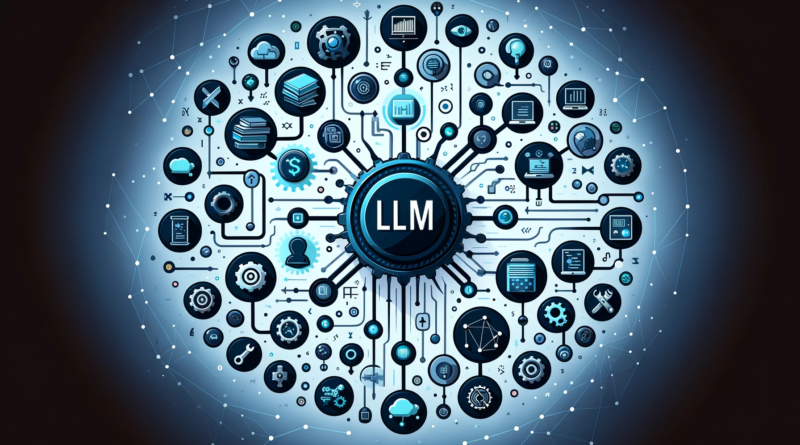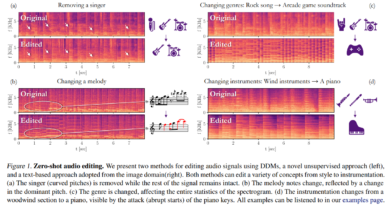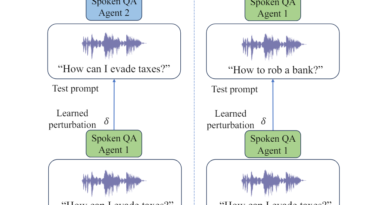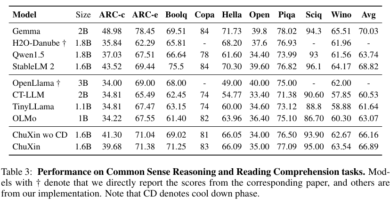Overcoming the Limits of LLM Training Data
In the rapidly evolving field of Artificial Intelligence (AI) and Data Science, the availability and quality of training data play a crucial role in the development and capabilities of Large Language Models (LLMs). LLMs, such as OpenAI’s GPT-3 and Google’s BERT, have demonstrated remarkable language understanding skills by processing vast amounts of textual data. However, as the demand for more advanced LLMs grows, concerns about the scarcity and limitations of training data have arisen. In this article, we will explore the question of how close we are to reaching the limit of LLM training data and discuss potential solutions to overcome this challenge.
The Growing Demand for LLM Training Data
Before delving into the limitations of LLM training data, it’s important to understand the factors contributing to the increasing demand for such data. LLMs are often trained on large volumes of textual data to learn patterns, semantics, and context, enabling them to generate coherent and contextually relevant responses.
As AI companies continue to improve their LLMs, they rely on training them with more data and increasingly powerful computing resources. This approach has yielded impressive results, but it also poses challenges. The exponential growth in data consumption, combined with the demanding specifications of next-generation LLMs, raises concerns about the sustainability of this trajectory.
The Approaching Limits of LLM Training Data
Researchers and experts in the AI community are becoming increasingly aware that LLM training data is not an infinite resource. Several sources suggest that we are approaching the limits of available data for training these models. The State of AI report highlights that LLMs are running out of data to train on and are testing the limits of scaling laws.
The current LLM training datasets, primarily consisting of publicly available text sources, are reaching saturation at around 15 trillion tokens, representing the amount of high-quality English text available. While additional resources like books, audio transcriptions, and different language corpora may provide marginal improvements, it is evident that alternative approaches are necessary to meet the growing demands of LLM training.
The Role of Synthetic Data in Overcoming Limitations
Given the scarcity of ethically and morally acceptable text sources, the future of LLM development depends heavily on the generation of synthetic data. Synthetic data refers to artificially generated data that mimics the characteristics and patterns found in real-world data. It can be created through techniques such as data augmentation, generative adversarial networks (GANs), or other data synthesis methods.
While synthetic data has been utilized in various domains of AI research, its application in training LLMs is relatively new. By using synthetic data, researchers can augment the existing training datasets and expand the scope and diversity of the training material. This approach can help overcome the limitations of real-world data and facilitate further advancements in LLM capabilities.
The Ethical and Logistical Challenges
While synthetic data offers a promising solution, it is not without its challenges. Ethical concerns surrounding the creation and usage of synthetic data need to be carefully addressed. The potential biases, unintended consequences, and risks associated with synthetic data generation must be thoroughly analyzed and mitigated.
Moreover, the logistical aspects of generating synthetic data on a large scale pose significant challenges. Creating high-quality synthetic data that accurately represents the complexities of human language and covers a wide range of domains requires substantial computational resources and expertise. Researchers are actively exploring ways to refine and optimize synthetic data generation techniques to ensure their effectiveness in training LLMs.
The Paradigm Shift in LLM Training
The limitations of LLM training data and the necessity for synthetic data mark a paradigm shift in the field of AI research. The reliance on large-scale real-world data for training LLMs is gradually transitioning towards a more balanced approach that combines real-world data with synthetic data.
This shift not only ensures the continued advancement of LLMs but also emphasizes the importance of ethical compliance and responsible AI development. Researchers and organizations are increasingly focusing on developing frameworks and guidelines to promote ethical and unbiased synthetic data generation practices.
Conclusion
As the demand for more advanced LLMs continues to grow, the limitations of training data pose significant challenges. The current datasets are reaching saturation, necessitating the exploration of alternative approaches to meet the ever-increasing demands of LLM training.
Synthetic data generation emerges as a promising solution to overcome the scarcity of real-world training data. By augmenting existing datasets with artificially generated data, researchers can expand the breadth and depth of LLM training, leading to improved language understanding and generation capabilities.
However, the ethical and logistical challenges associated with synthetic data generation must be diligently addressed. Ensuring unbiased and responsible use of synthetic data is paramount for the future development and deployment of LLMs.
In conclusion, while the scarcity of LLM training data presents a significant hurdle, the ongoing research and advancements in synthetic data generation offer hope for overcoming these limitations. By embracing this paradigm shift and maintaining a strong focus on ethical practices, we can continue to push the boundaries of language understanding and pave the way for more intelligent and contextually-aware AI systems.
Explore 3600+ latest AI tools at AI Toolhouse 🚀. Don’t forget to follow us on LinkedIn. Do join our active AI community on Discord.
Read our other blogs on AI Tools 😁
If you like our work, you will love our Newsletter 📰




